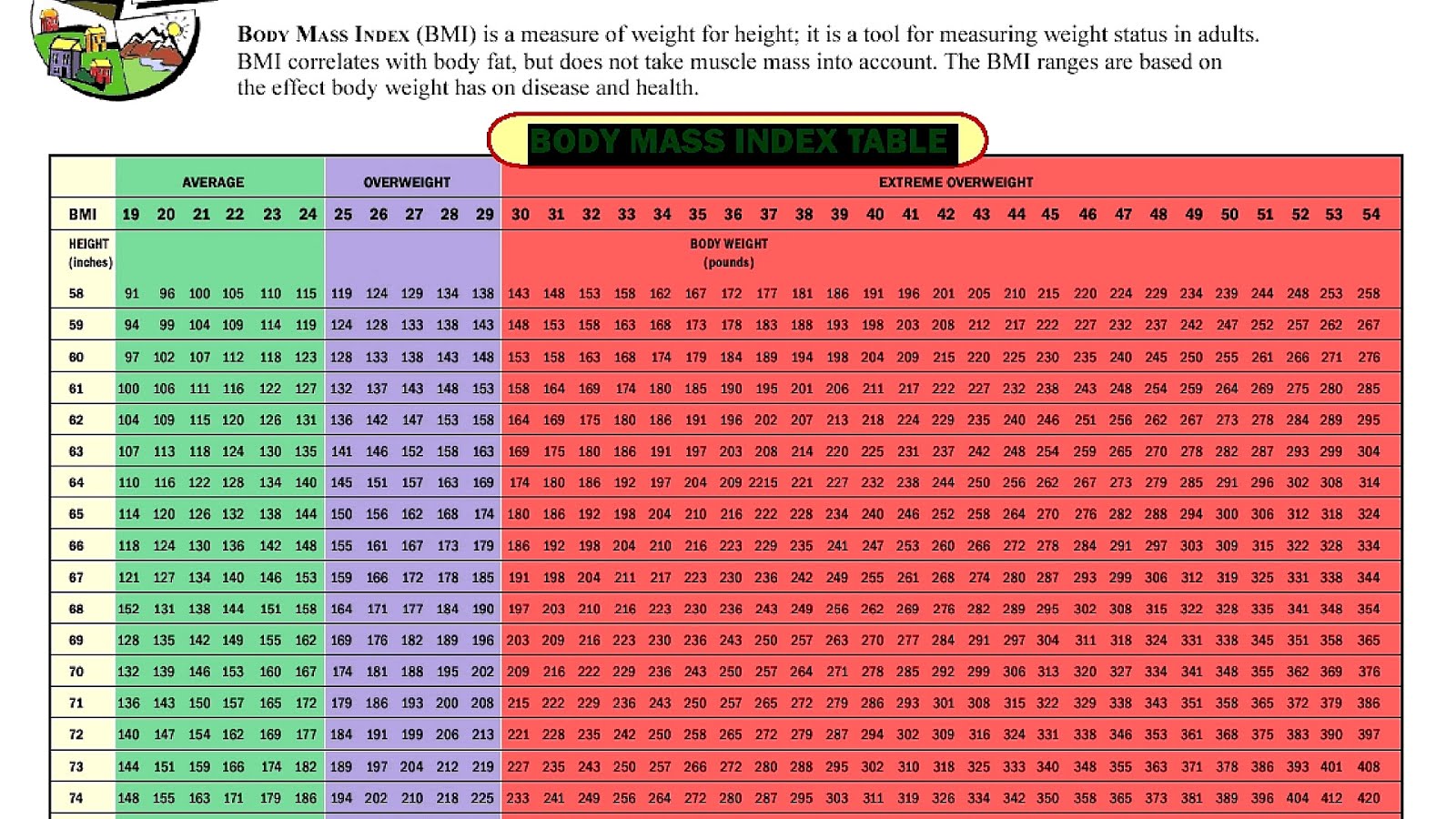

You are overweight if you weigh between pounds and your BMI is between 25 and 29.9. This body mass index (BMI) calculator divides your weight by your height in order to determine your weight category and your needs for a successful weight.You are the right weight for your height if you weigh between pounds and your BMI is between 18.5 and 24.9.Calculator easy to use and helps you to track weight. After the first trimester, a gain of approximately 1 lb. This BMI Calculator calculate your BMI (Body Mass Index) value based on weight, height, age and gender. You are underweight if you weigh pounds or less and your BMI is less than 18.5. A healthy amount of weight gain during pregnancy is 25-35 lbs (11.3-15.9 kgs) for normal weight women.During the first trimester, total weight gain is only 1 to 4 pounds.Ideal WHtR for men is 0.43 to 0.52 Ideal WHtR BMI for women is 0.42 to 0.48. Body Mass Index is your weight (in kilograms) over your height squared (in centimeters).
Women bmi calculator how to#
How to Calculate BMI Calculator with charts. * Your category is based on federal guidelines for healthy weight. Body mass index (BMI) is a measure of body fat based on height and weight. A BMI of 30 or above may indicate obesity. Doctors consider a moderate BMI for women to be 18.524.9. All of these things will help you maintain your health. Body mass index (BMI) is an estimate of body composition, based on weight and height. May encourage you to make lifestyle changes to decrease it as necessary. A high BMI also puts you at risk for breathing problems, certain cancers, arthritis, and gallbladder disease. Incidence of chronic diseases like high blood pressure, stroke, high bloodĬholesterol, type 2 diabetes, and heart disease. A high BMI is associated with an increased A range of 18.5 toĢ4.9 is considered healthy. The good news is even a small weight loss (between 5 and 10 percent of your current weight) will help lower your risk of developing those diseases.The information you provided gives a BMI of. Your doctor will evaluate your BMI, waist measurement, and other risk factors for heart disease.

Talk to your doctor to see whether you are at an increased risk and whether you should lose weight. People who are overweight, do not have a high waist measurement, and have fewer than two risk factors may need to prevent further weight gain rather than lose weight. Even a small weight loss (between 5 and 10 percent of your current weight) will help lower your risk of developing diseases associated with obesity.


 0 kommentar(er)
0 kommentar(er)
